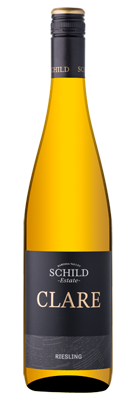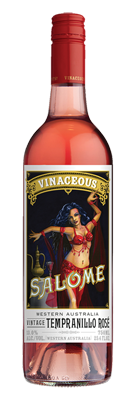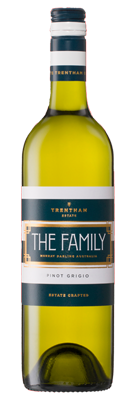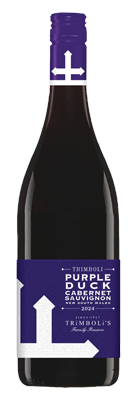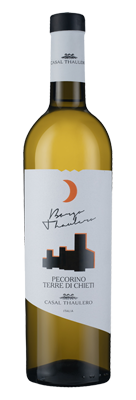Filter by
- A 95pt Clare Valley Riesling from Barosa's Schild Estate, "brilliant clarity and poise" (Wine Orbit)$30.00 RRPfrom $25.99 when you mix 12+
- A refreshing, crowd-pleasing, light South Australian Moscato, great for lunchtime sipping.$16.00 RRP$11.99 when you mix 12+
- A gorgeous aromatic, Adelaide Hills Gris with pear, Granny Smith apple, lemon, lime zest & lychee!$30.00 RRPfrom $24.99 when you mix 12+
- Generous, silky Elderton Barossa Shiraz of great elegance and balance.$44.00 RRPfrom $24.99 when you mix 12+
- An exhilaratingly fresh, exclusive crafted by James Macdonald of Marlborough’s Hunter’s Wines.$25.00 RRPfrom $18.99 when you mix 12+
- Enjoy silky, bright berry fruits and lightly toasty oak notes in this elegant Rioja Crianza$32.00 RRPfrom $21.99 when you mix 12+
- Alluring 90pt, Great Value Tempranillo rosé from the dynamic Vinaceous Wines.$22.00 RRPfrom $18.99 when you mix 12+
- Elegant, good-looking rosé from cricket legend Ricky Ponting and award-winning winemaker, Ben Riggs.$25.00 RRPfrom $23.99 when you mix 12+
- $30.00 RRP$22.99 when you mix 12+
- Well-balanced, generously fruited McLaren Vale Shiraz from the Curtis family winemakers since 1973.$150.00 RRPfrom $99.99 when you mix 12+
- $28.00 RRPfrom $21.99 when you mix 12+
- Reserva level version of a fabulous Portuguese rarity with SIX Golds (two Double Golds among them).$34.00 RRPfrom $23.99 when you mix 12+
- Very nicely balanced and super-refreshing Adelaide Hills Sauvignon Blanc.$25.00 RRPfrom $19.99 when you mix 12+
- “Fresh and pure” 94pt rosé from the Aussie vineyards owned “Austrian wine royalty” (WinePilot).$33.00 RRPfrom $28.99 when you mix 12+
- "Small in price but big in Grigio personality...91pts. Great Value" (Halliday)$18.00 RRPfrom $17.99 when you mix 12+
- Don't miss this Great Value "seriously good" (Wine Orbit) Sauvignon with scores of 95 and 92pts.$30.00 RRPfrom $25.99 when you mix 12+
- A new addition to Sam Trimboli's 'Duck' family - a fabulous, elegant Cabernet.$18.00 RRPfrom $12.99 when you mix 12+
- $25.00 RRPfrom $17.99 when you mix 12+
- Adelaide Hills Sauvignon from Tim Knappstein – varietally bang on, with scores of 90, 92 and 93pts,$24.00 RRPfrom $18.99 when you mix 12+
- A “sophisticated Merlot" (The Real Review) with Gold, 92pts and a Great Value Star from Elena Brooks$30.00 RRPfrom $23.99 when you mix 12+
- “Deliciously generous” 92pts (Ray Jordan) Merlot from WA’s remote Blackwood Valley.$25.00 RRPfrom $21.99 when you mix 12+
- Freshly landed, seductive, textural Pinot Grigio from Hunter born-and-bred Aaron Mercer.$26.00 RRPfrom $21.99 when you mix 12+
- Single vineyard, super cuvée of Provence pink – such elegance, subtle fruit and crispness.$30.00 RRPfrom $19.99 when you mix 12+
- "... juicy and beautifully rounded" (Wine Orbit) 91pt Barossa Merlot from impressive Thorn-Clarke.$25.00 RRPfrom $19.99 when you mix 12+

